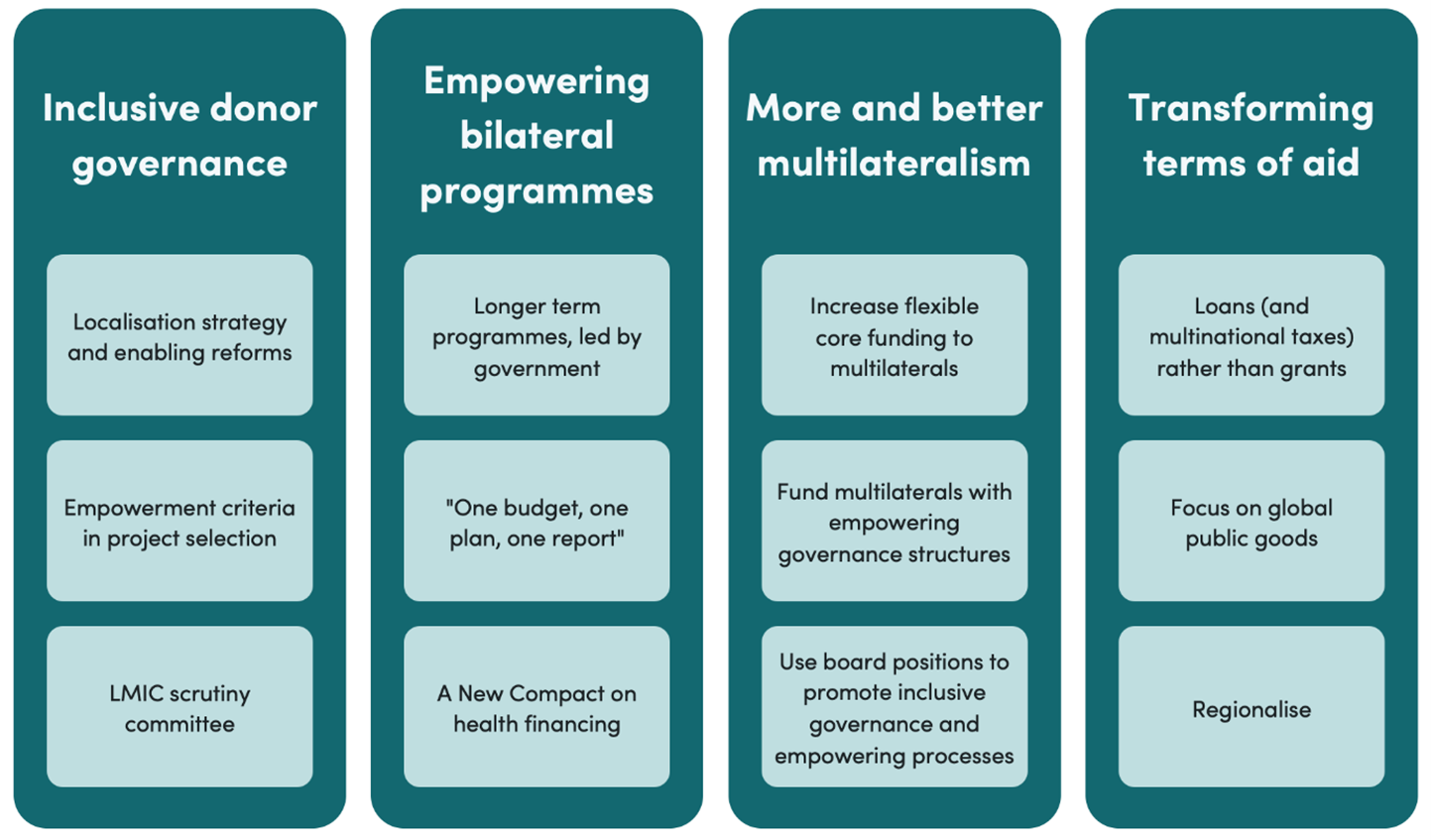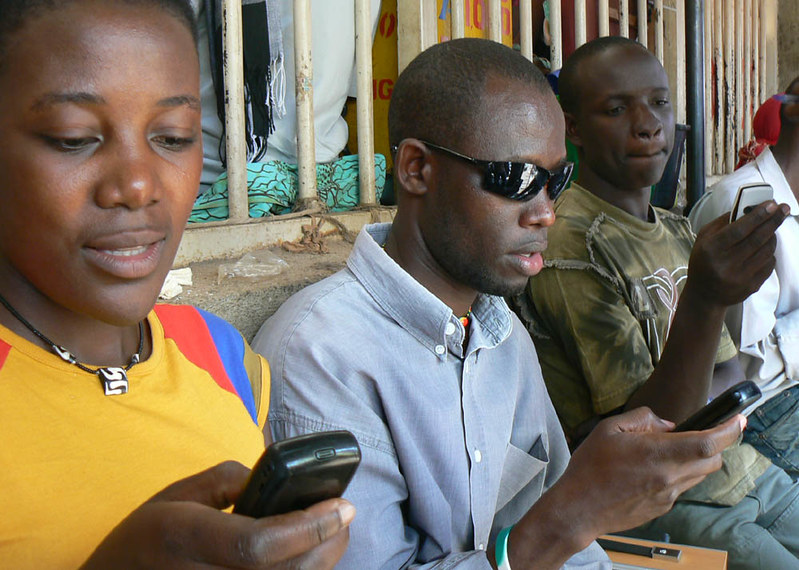There was another meeting in Doha this past weekend through yesterday. This time it was the United Nations not the WTO that failed to close any deal.I attended because CGD organized a "side event" on our COD Aid initiative -- more on that in another comment later this week.The meeting was the United Nations Financing for Development conference. It was meant to be a sequel to the famously successful Monterrey, Mexico conference on the same issue in 2002. A few weeks before Monterrey, President Bush announced the creation of the U.S. Millennium Development Account -- that was just one example of how a UN confab can precipitate a serious commitment to some global goal by some key member countries.No such luck this time. Indeed the UN machinery and Ban Ki-Moon, the Secretary-General, must have been deeply disappointed by the non-event. Except for Sarkozy of France, no G-20 heads of state showed up (the heads of state of South Africa and Korea were also registered, but I'm not sure they showed up), and to add insult to injury even Strauss-Kahn of the IMF and Zoellick of the World Bank dropped out at the last minute -- the former citing the pressures of attending to the financial crisis and the latter excusing himself on the grounds of conflict with Thanksgiving in America. It turns out heads of state and heads of major institutions prefer to travel in herds, fearing no doubt a decline in their own standing if they go where their peers do not.Mr. Zoellick in particular, as the leader of the world's premier development financing institution, missed a chance to bring shape and vision -- a narrative or a road map for navigating the global storm threatening progress toward the Millennium Development Goals -- to what turned out to be a shapeless event.The narrative that emerged from the Monterrey conference was the "compact" -- under which developing countries committed to more responsible and honest government and rich countries committed to provide aid and open trade, in the shared interests of all in meeting the Millennium Development Goals. The developing countries for the most part have come through. In Africa in particular better policy and governance are reflected in more and deeper democracy and healthy growth, helped along until recently by a benign global economic environment. The rich countries have not fulfilled their commitment to complete the Doha "development" trade round, and though aid flows have risen, particularly to Africa, are far behind as a group on their promise to increase aid to (the admittedly arbitrary) 0.7 percent of their own GDP for aid. They have not KEPT THEIR PROMISES.Pascal Lamy of the WTO came to make the case for "aid for trade." The only finance minister I saw from any G-20 country was Trevor Manuel. Good for them for bucking the trend.On the other hand, it's hard to be too critical of major leaders who played AWOL. Why was the UN conference scheduled years ahead in the last weeks of a U.S. lameduck Presidency, on the weekend following Thanksgiving? Was that done in a moment of spite when the UN community was fed up with then-Ambassador of the United States to the UN John Bolton? If so the UN machinery cut off its nose to spite its face. After all, for all its sins (this year the United States ranks only 17th of 21 rich countries in our Commitment to Development Index), the United States still is the world's single largest donor.Apparently the representatives of the United States, in the formal "negotiation" of the "statement" (or better put the non-statement -- so far I cannot find any mention of it in any media) fought over words with the G-77 -- winning their battle to ensure the conference was not referred to as a Summit (!) and that the wording on the risks to development progress posed by climate change was not too dramatic.For the 2000+ worker-bees of the development community there were excellent mini-conferences, seminars and side-events, including on debt, climate change, food and hunger -- and urgent calls to "action" in the face of the deteriorating global economy. But at a modest estimate of $10,000 per participant to fly to Doha and stay there for three days, and to cover the cost of preparation, security, and printed paper (!) (and excluding the real cost of the resulting additional greenhouse gas emissions), the conference cost at least $2 million. That amount would have doubled the yearly income of about 5,000 of the world’s poorest people....
CGD blog posts reflect the views of the authors, drawing on prior research and experience in their areas of expertise.
CGD is a nonpartisan, independent organization and does not take institutional positions.





